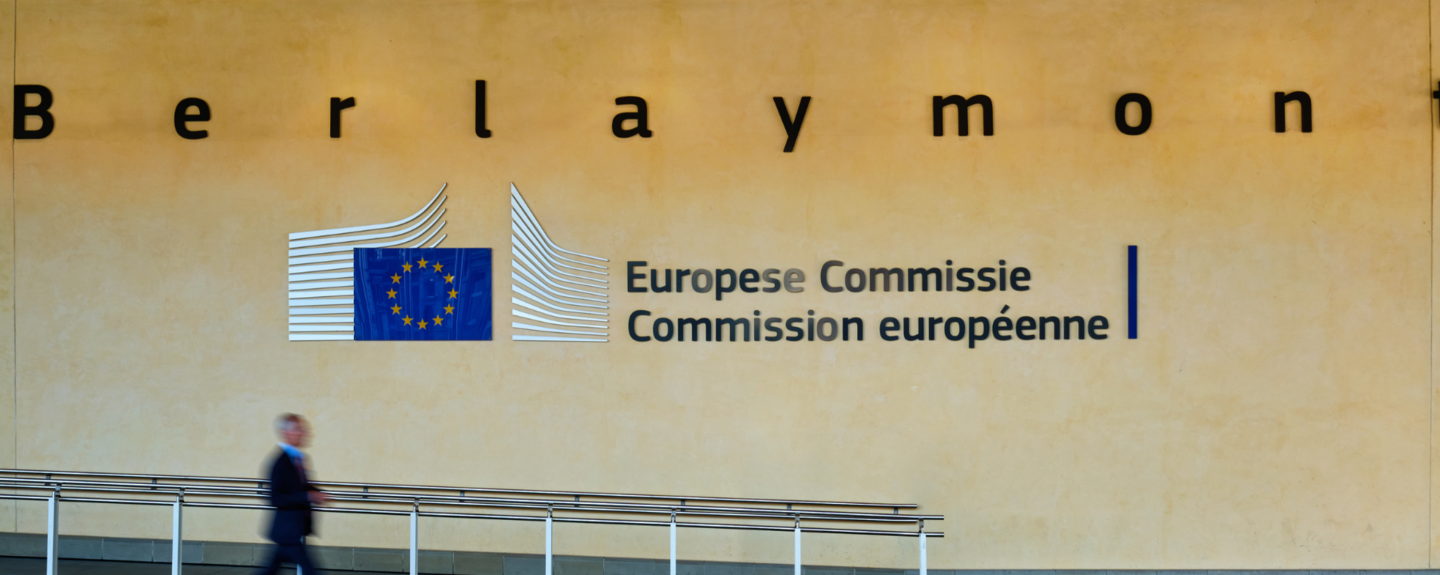EU’s Sustainability Omnibus: what is happening?
Cutting red tape, reducing complexity, and ensuring easier implementation are at the core of the European Commission’s simplification agenda for this year. This article explores the Commission’s strategy and initiatives to streamline legislation and its impact on sustainability directives like the Corporate Sustainability Reporting Directive (CSRD) and the Corporate Sustainability Due Diligence Directive (CSDDD).
Context and background
Last November, President von der Leyen unveiled plans for an Omnibus package as one of the first steps of her second mandate. The initiative aims to assess European legislation across various sectors to ease the regulatory burden on businesses. Some companies have voiced concerns about excessive reporting requirements, overlapping regulations, and high compliance costs. By streamlining existing rules, the Omnibus package seeks to simplify procedures and reduce reporting obligations across multiple EU laws. This initiative follows President von der Leyen’s commitment made ahead of her re-election campaign.
The Omnibus package aligns with the Commission’s broader goal of “reducing administrative burdens and simplifying implementation: less red tape and reporting, more trust, better enforcement, faster permitting”, as outlined in the Political guidelines for the next European Commission 2024-2029. It also echoes the Draghi Report, which mentions (amongst others) the simplification of reporting obligations within the European Union.
The Competitiveness Compass reaffirms the European Commission’s commitment to delivering an unprecedented simplification effort, setting “ambitious quantified targets for reducing reporting burden: at least 25% for all companies and at least 35% for SMEs” and announces a series of Simplification Omnibus packages. The first Omnibus will focus on streamlining sustainable finance reporting, sustainability due diligence, and taxonomy requirements. In addition, measures should be introduced to prevent excessive reporting demands on smaller companies within supply chains — burdens that were never intended by lawmakers. To further support proportionate regulation, a new category of "small mid-caps" will be proposed, benefiting thousands of EU businesses through tailored regulatory simplifications similar to those available for SME’s. Read more here.
The “First Omnibus package on sustainability” is set to be presented by President von der Leyen and Executive Vice-President Séjourné on 26 February 2025, although there are rumours of a possible postponement to March.
Possible implications on CSRD and CSDDD
From a content perspective, there are different options that are (allegedly) on the table: postponing the overall implementation deadline, the scope of companies covered, changes in the number of disclosure requirements, limitations to the scope of the value chain, and limitations surrounding climate transition plans. In our view, many of these adjustments would limit the potential positive impact of these directives.
It is important to note that the CSRD is more than just a reporting guideline — it is designed to help companies focus and communicate on the areas where they can make the most meaningful impact. Reporting on that impact should be the ‘natural’ result of meaningful actions taken.
Sustainability reporting has been a common practice for years, enabling companies to differentiate themselves from competitors and engage with both internal and external stakeholders. With the CSRD, aligned reporting not only ensures consistency but also highlights where companies stand out and how they set themselves apart. Transparency offers clear business advantages, building trust with investors, customers, and regulators. We believe that sustainability reporting is here to stay, and for the time being, continuing with your preparations will help you create a strong and meaningful sustainability strategy that adds value and resilience to your business.
Whereas the CSRD ensures transparency on sustainability, the CSDDD provides guidance on integrating sustainability into business practices—while also requiring companies to be transparent about their approach through reporting.
The CSDDD is grounded in recognized international agreements, such as the OECD Guidelines for Multinational Enterprises and the UN Guiding Principles on Business and Human Rights. Many companies have already committed to these agreements, which play a crucial role in protecting individuals across the value chain from human rights abuses and environmental harm. Importantly, the CSDDD provides concrete guidance on how to implement these international agreements, ensuring that companies can integrate them effectively into their operations. As part of the omnibus discussions, concerns are voiced concerning the trickle-down effect on smaller companies. However, it should be noted that the directive already includes safeguards to ensure that small businesses receive appropriate support and are not financially overwhelmed, especially when compliance requirements could threaten their viability.
While some voices advocate for cutting down on the CSRD and CSDDD’s contents, there are also strong calls from NGOs, academia, and industry to push forward with these initiatives. Ultimately, both directives have the potential to drive greater transparency and sustainability — two elements that are fundamental to a resilient and future-proof business model.
So, what’s next?
With new updates, rumours and leaks being published on an almost daily basis, our advice is to keep on course and closely monitor updates from the EU. As the omnibus could lead to reopening the core text of the CSRD and CSDDD at ‘Level 1’ (i.e. drafting a new EU Directive), a lengthy legislative process (which includes the European Parliament and European Council’s reading, potential amendments and final adoption) can be expected. After approval at European level, transposition into national law will need to take place.
Given the strategic value of ESG for any company, we strongly believe that companies should continue on their sustainability journey — regardless of the outcomes of the discussions at EU-level. In the end, it should be kept in mind that the underlying goal of these regulations is for companies to make a positive impact that goes well beyond compliance, whilst simultaneously reinforcing the resilience and competitiveness of your company.
While the outcome remains uncertain, we are happy to discuss the latest insights with you. Please contact Angela for updates on the legislative process or Sake for ESG and CSRD-related questions.














